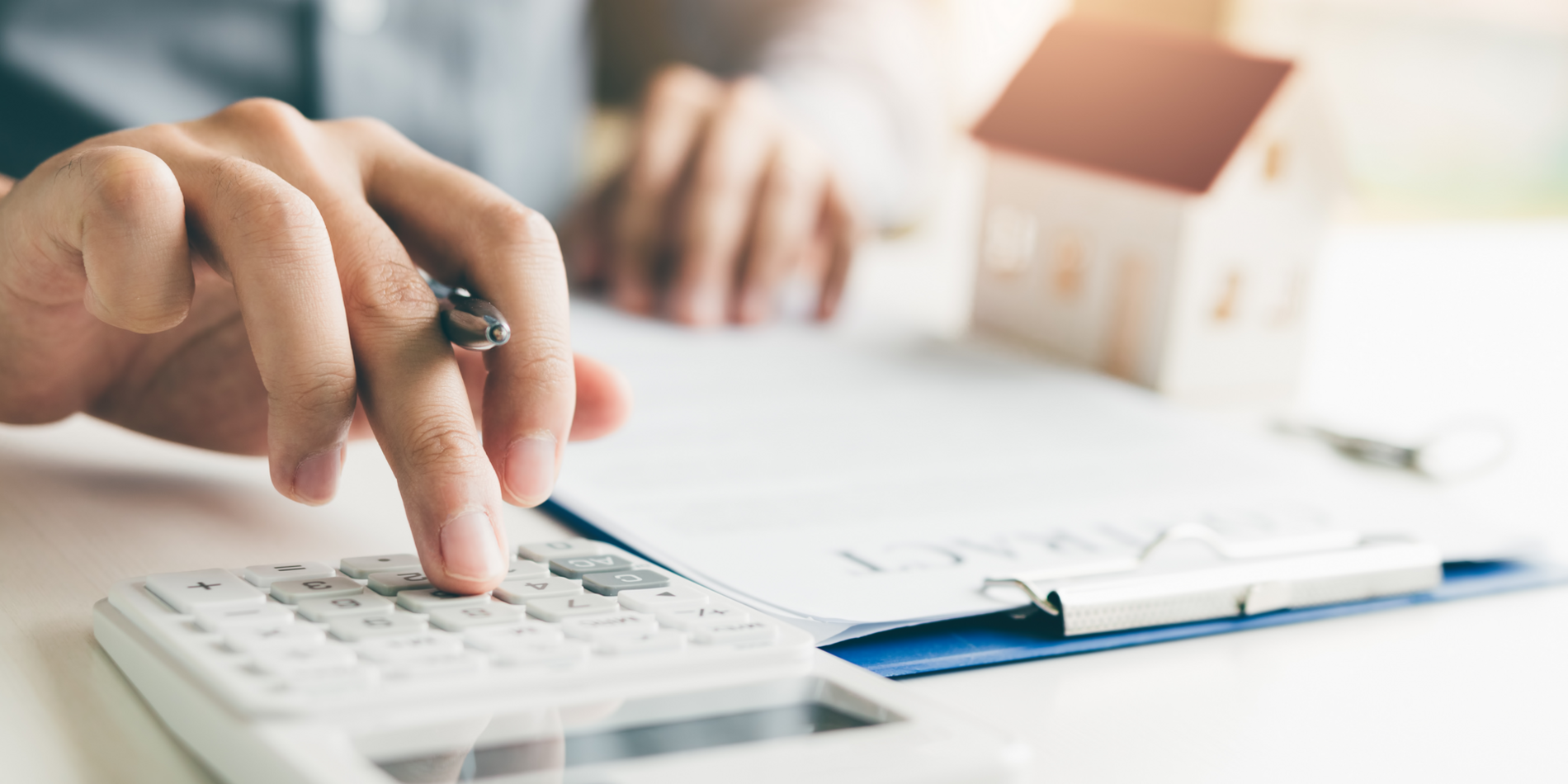A second home in Spain is the fulfilment of a long-held desire for many. Its sunny climate, beautiful beaches and relaxed lifestyle make it an attractive option. However, before you proceed with the purchase, it is essential to be well informed about the tax rules and tax benefits that apply when buying in Spain. Here are some useful tips to help you make an informed decision.
1. Understand the tax structure in Spain
When you buy a second home in Spain, you will face different types of taxes. The main ones are:
- Transfer tax (Impuesto de Transmisiones Patrimoniales - ITP): This tax applies when buying an existing property and varies by region between 6% and 10% of the purchase price.
- VAT (Impuesto sobre el Valor Añadido - IVA): When buying a new property, you pay between 7% and 10% VAT.
- Notary fees and registration fees: This includes the cost of drawing up the deed and registering the property in the land register. Expect to pay around 1% to 1.5% of the purchase price.
- Property tax (Impuesto sobre Bienes Inmuebles - IBI): An annual municipal tax based on the cadastral value of the property.
- Annual income tax via a modelo 210: The income tax for owners not permanently resident in Spain. This tax is calculated on the cadastral value of your property and/or your net rental income.
2. Take advantage of tax benefits
Although there are taxes, you can also take advantage of tax benefits in Spain:
- Deductible expenses: If you rent out your second home, you can deduct certain expenses such as maintenance, repairs and mortgage interest from rental income when declaring your income tax.
- Double tax treaty: Thanks to the tax treaty between Belgium and Spain, you avoid double taxation on your Spanish property. This means that you usually do not pay extra tax in Belgium on the income from the Spanish property, because the Spanish government has already taxed your income. In technical jargon, it is called that the Belgian tax authorities give an exemption under progression proviso.
- Capital gains tax (Plusvalía): When you sell your property, you pay capital gains tax on the increase in value. For non-residents, this is usually 19%, but exceptions and exemptions are possible, for example if you reinvest in a new home. Make use of the provided deductions here too.
3. Consider opening a Spanish bank account
Having a Spanish bank account can simplify the process considerably, but it is not an obligation. Many taxes and bills, such as IBI and utilities, must be paid from Spain. Moreover, some regions have specific payment regulations that require a local bank account.
4. Consult a local tax advisor
Spanish tax rules are complex and vary from region to region. It is advisable to consult a local tax advisor or lawyer. They can help you with:
- Calculating in detail all purchase costs and annual expenses.
- Applying for an NIE number (número de identificación de extranjero), a compulsory identification number for foreigners purchasing property.
- Filing tax returns and complying with local regulations.
5. Be prepared for additional costs
Besides taxes, there are other costs to consider, such as maintenance, insurance and any service charges if you buy a flat in a complex. Make sure you include these costs in your budget. Fortunately, these costs are lower than what we are used to in Belgium.
6. Consider renting as income
A second home in Spain often offers the opportunity to generate extra income by renting it out. Make sure you are aware of the local rules and permits for holiday homes. In addition, you need to declare rental income to the Spanish tax authorities via a Modelo 210. You will pay 19% tax on the net rental income. So be sure to make use of deductions to reduce your tax burden.
Conclusion
Buying a second home in Spain can be a wise investment, but it is crucial to be well prepared for the tax obligations and opportunities. Our team offers guidance from A to Z, where we are also your local advisor and can keep you well informed about what to expect. This allows you to make the most of the benefits while avoiding unexpected costs. So you can enjoy your second home in sunny Spain without worries!
